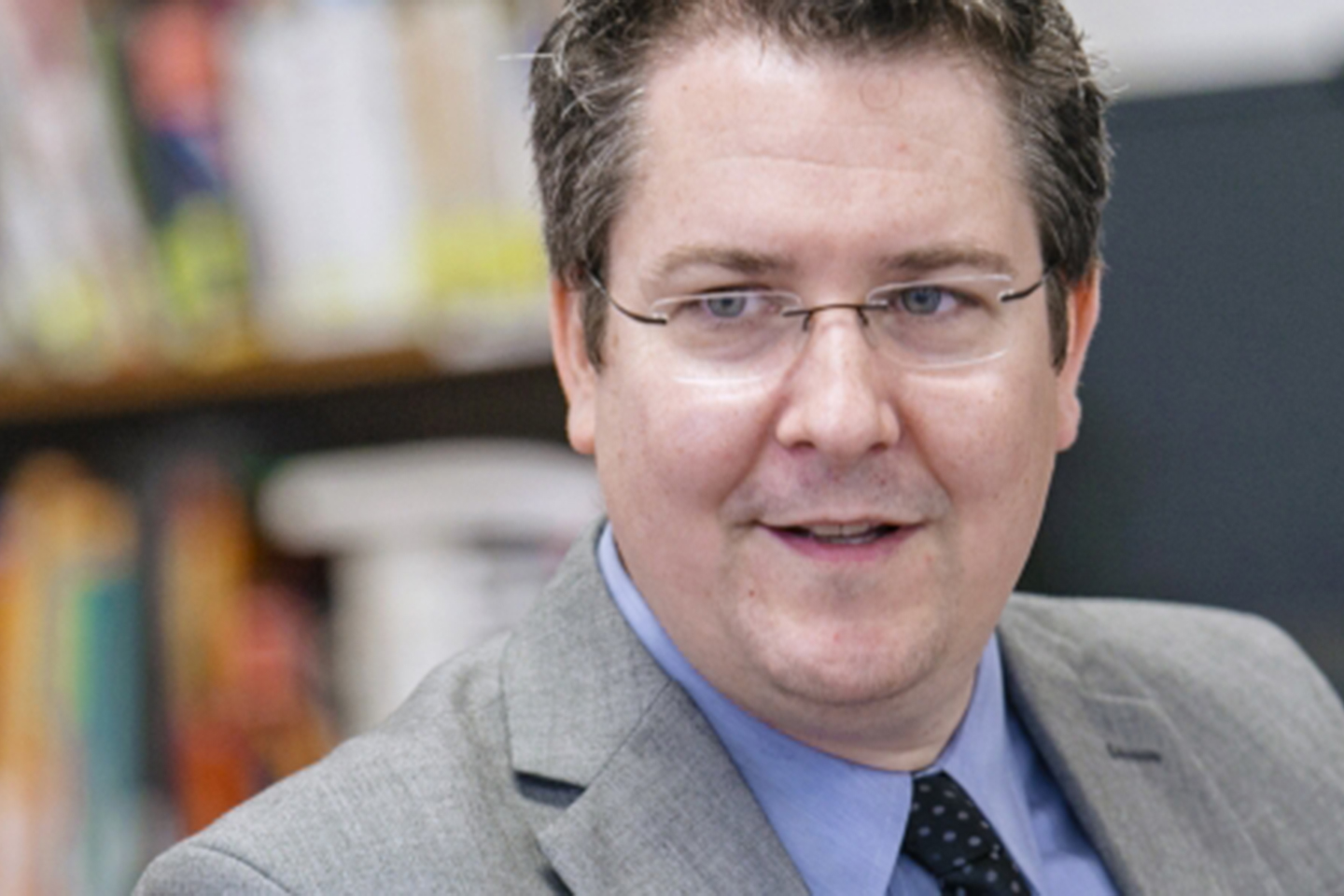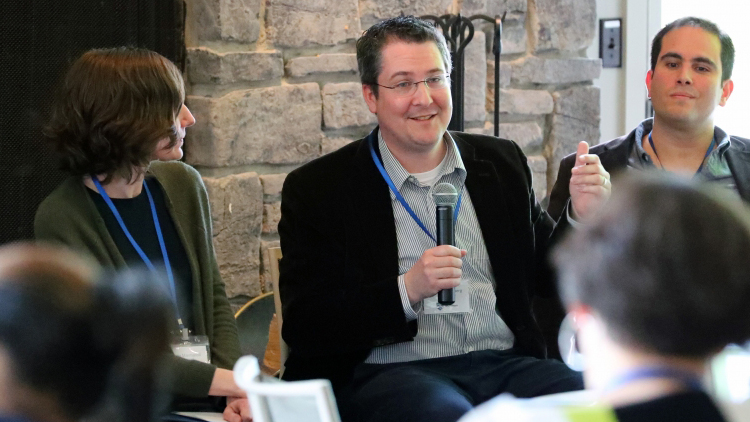
The basic blueprint of the physical classroom has not changed all that much in over a century, even as new language teaching methods and approaches, new technologies, and new interdisciplinary insights into better ways to support language learning have greatly advanced during that same timeframe.
Do we still need physical language learning spaces in this age of ubiquitous computing? If we do, how can we design and build them so that they will be able to adapt to new educational transformations?
Cosponsor for this event
Programs in Digital Humanities
Events in this series
- Mon. Feb 24 – Felix Kronenberg, “Designing Physical Language Learning Spaces in the Age of Ubiquitous Computing”
- Mon. Mar 9 – Angelika Kraemer, “Languages Across the Curriculum”
- Mon. Apr 27 – Sébastien Dubreil: “Design thinking and/in L2 learning”
Speakers

- Associate Professor of German, Michigan State University
Dr. Felix Kronenberg is the Director of the Center for Language Teaching Advancement (CeLTA) and an Associate Professor of German in the Department of Linguistics & Germanic, Slavic, Asian and African Languages at Michigan State University. His main research is about physical, virtual, and hybrid (language) learning spaces. Dr. Kronenberg is the immediate past-president of the International Association for Language Learning Technology and an advisory board member of the Learning Spaces Collaboratory. He has served as the president of the SouthWest Association for Language Learning Technology, has been a fellow for the National Institute for Technology in Liberal Education, and has been a learning spaces and language center design consultant for various colleges and universities. He has been a keynote and plenary speaker at local, state, regional, national and international conferences. Professional homepage: http://felixkronenberg.com/
